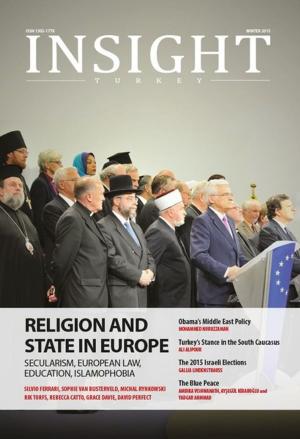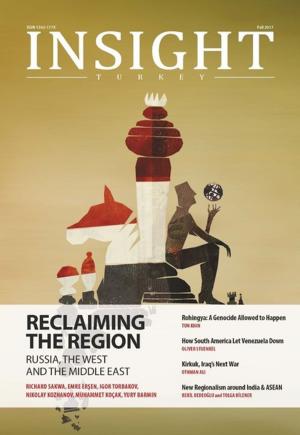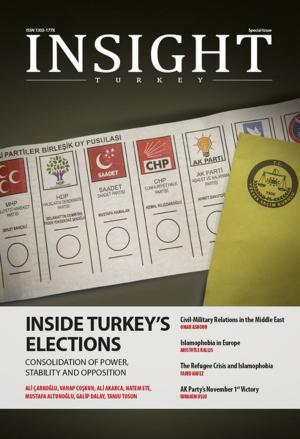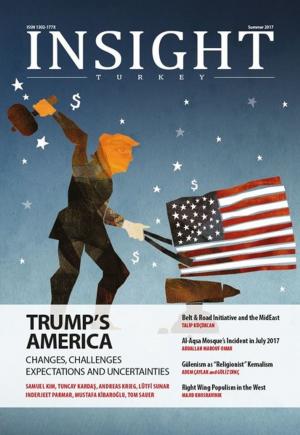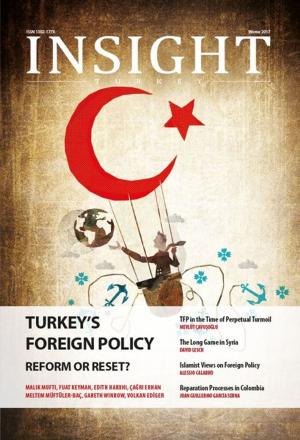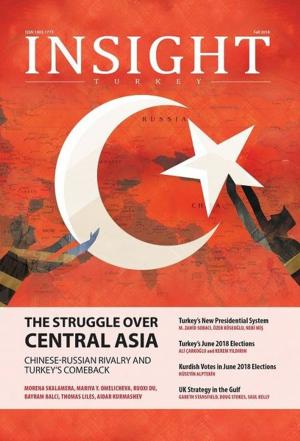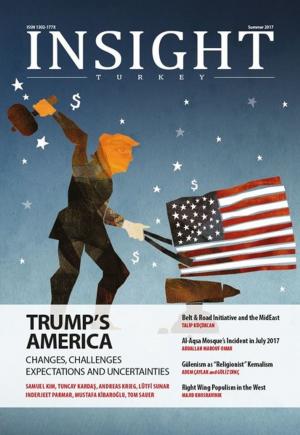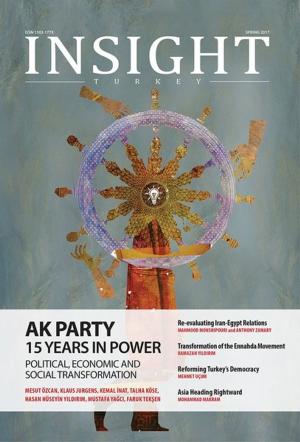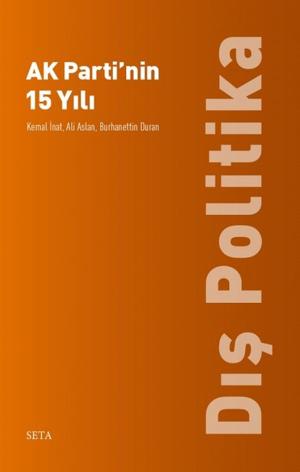Insight Turkey 2016 - Winter 2016 (Vol. 18, No. 1
Nonfiction, Home & Garden, Antiques & Collectibles, Books| Author: | Kolektif | ISBN: | 2789788611530 |
| Publisher: | Seta Yayınları | Publication: | January 1, 2001 |
| Imprint: | Language: | Turkish |
| Author: | Kolektif |
| ISBN: | 2789788611530 |
| Publisher: | Seta Yayınları |
| Publication: | January 1, 2001 |
| Imprint: | |
| Language: | Turkish |
Germany, who challenged the British and its allies twice in the first half of the 20th century, began to reemerge as a global political power and to play the “big game” in the wake of the Cold War. As the strongest economy and the most crowded country in the European Union (EU), Germany has decided to lead the EU institutions and the old continent in global platforms. Especially after the reunification of the country, Germany started to dominate European politics. With the collapse of the Soviet Union and the end of Cold War politics, Germany prompted the European countries to pursue a more independent foreign policy. Getting rid of the Soviet threat, Germany no longer needs NATO and the U.S. protection. As a result we see a Germany which has initiated a multidimensional and multilateral foreign policy orientation in order to improve its worldwide national interests.
Germany, who challenged the British and its allies twice in the first half of the 20th century, began to reemerge as a global political power and to play the “big game” in the wake of the Cold War. As the strongest economy and the most crowded country in the European Union (EU), Germany has decided to lead the EU institutions and the old continent in global platforms. Especially after the reunification of the country, Germany started to dominate European politics. With the collapse of the Soviet Union and the end of Cold War politics, Germany prompted the European countries to pursue a more independent foreign policy. Getting rid of the Soviet threat, Germany no longer needs NATO and the U.S. protection. As a result we see a Germany which has initiated a multidimensional and multilateral foreign policy orientation in order to improve its worldwide national interests.


